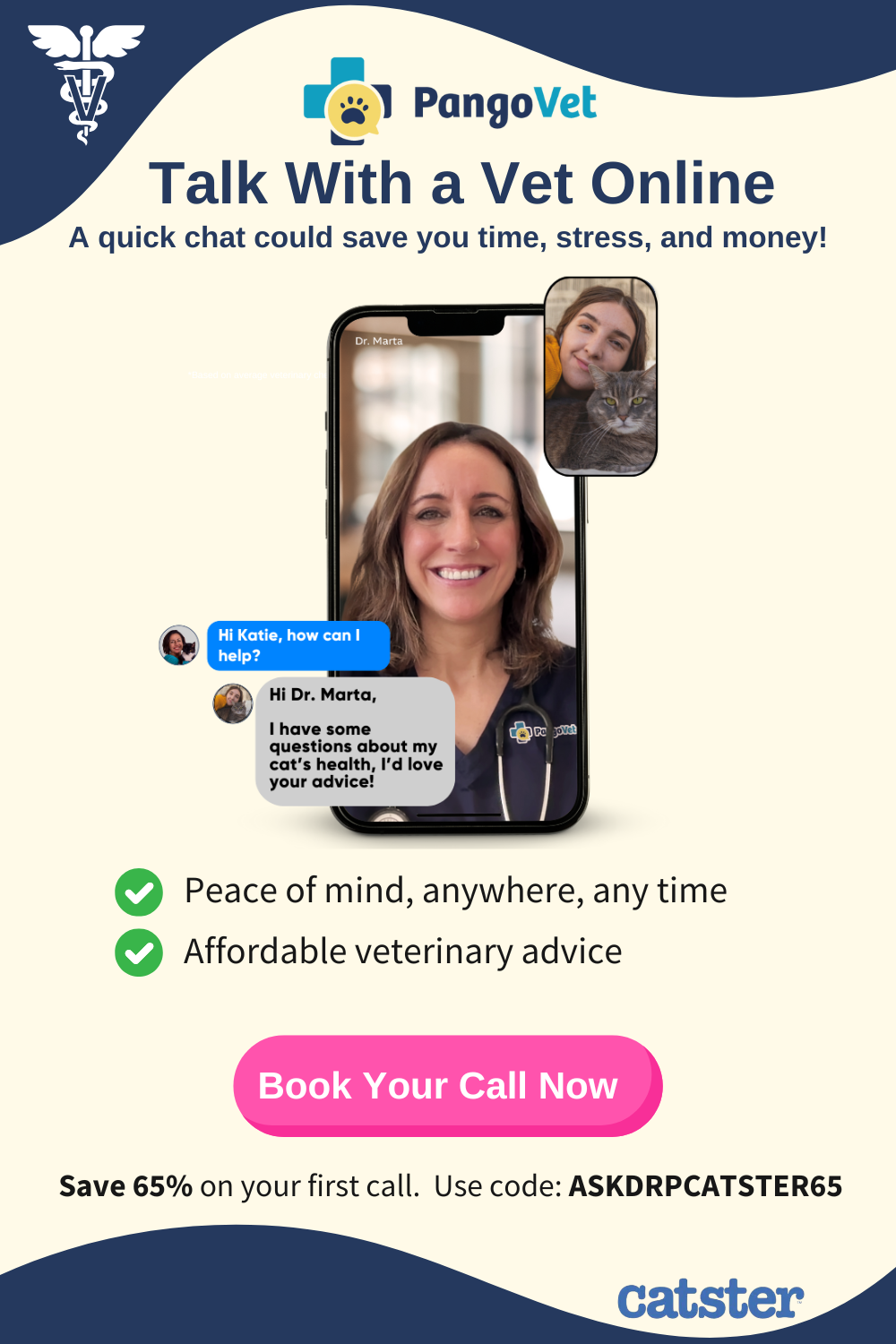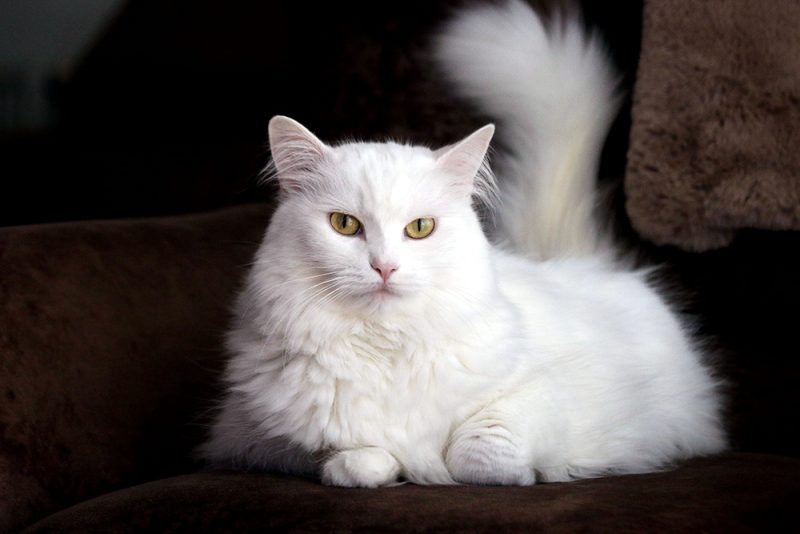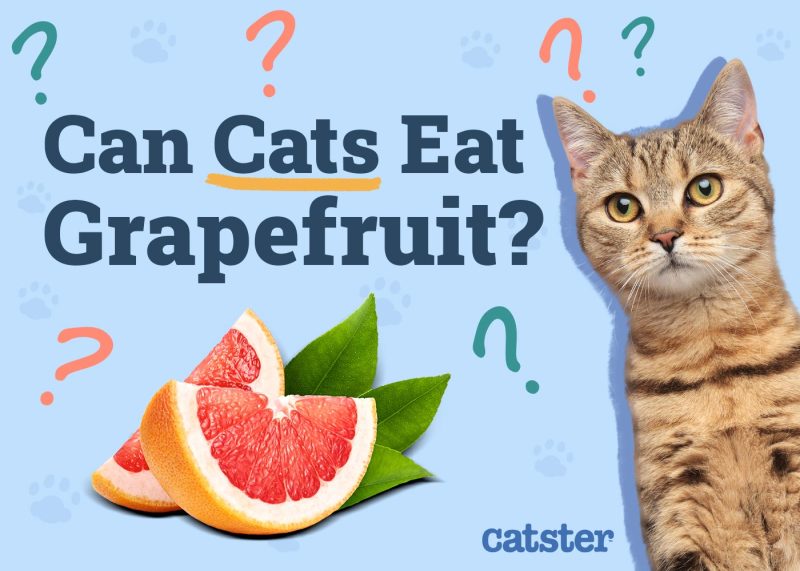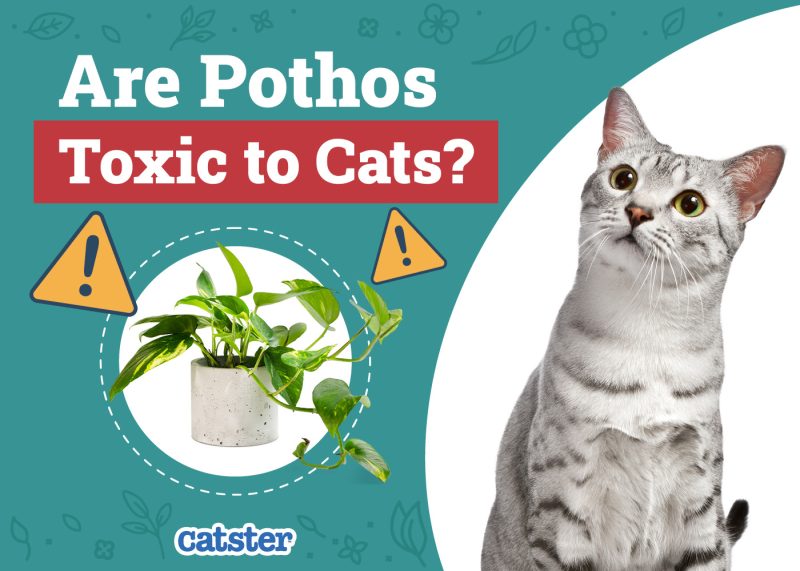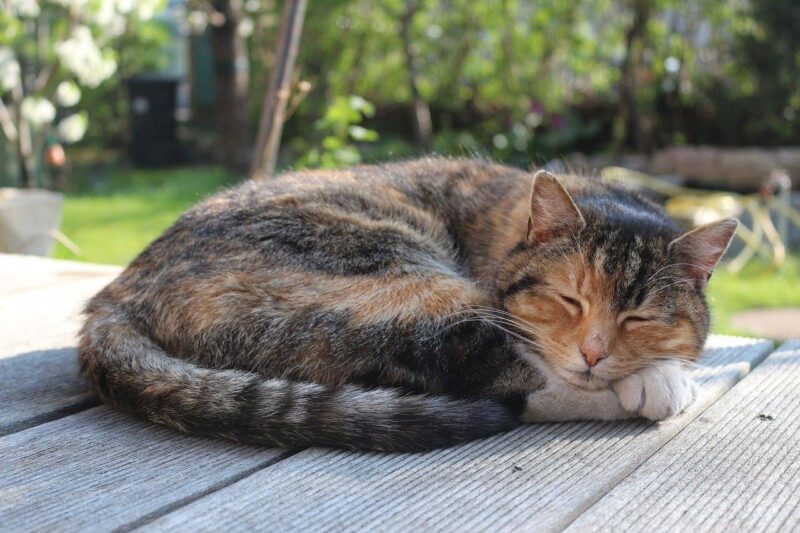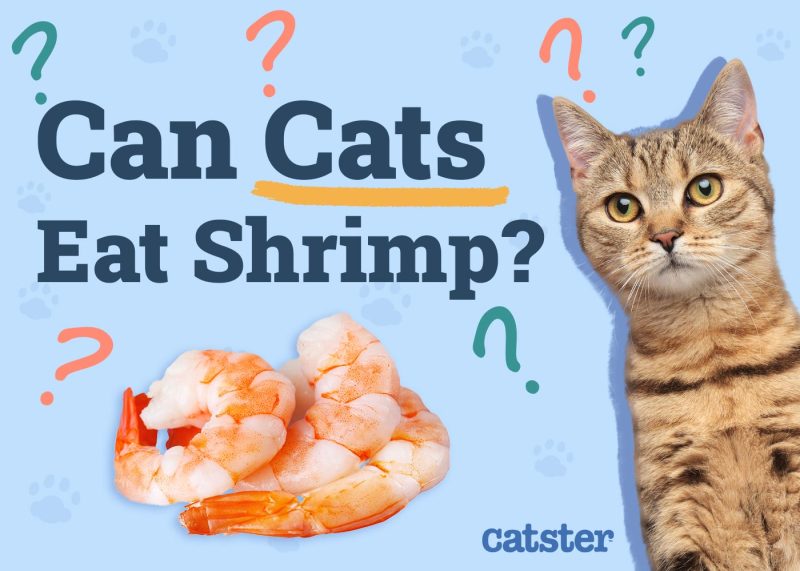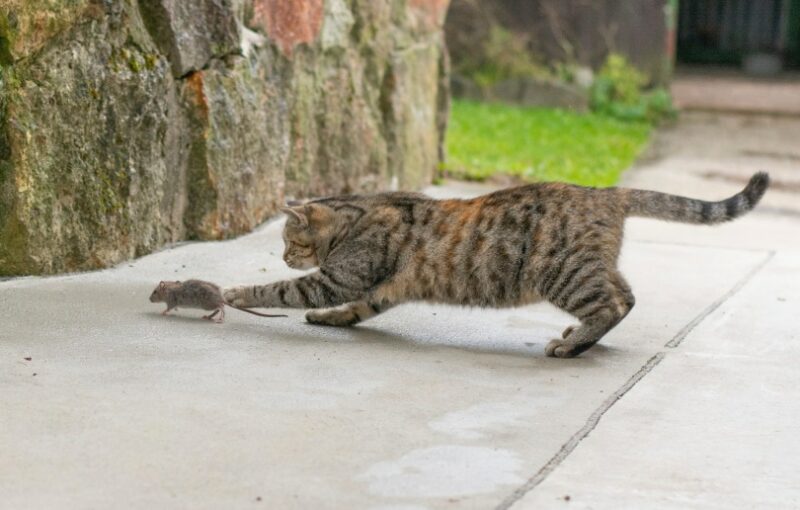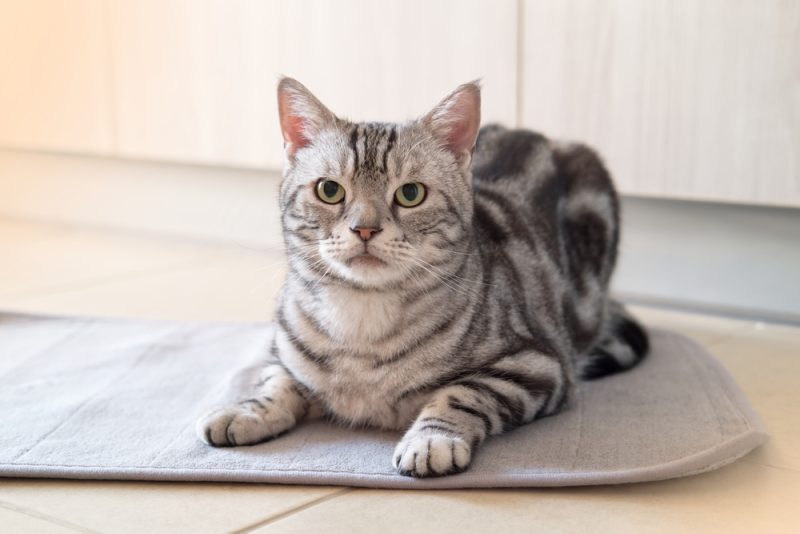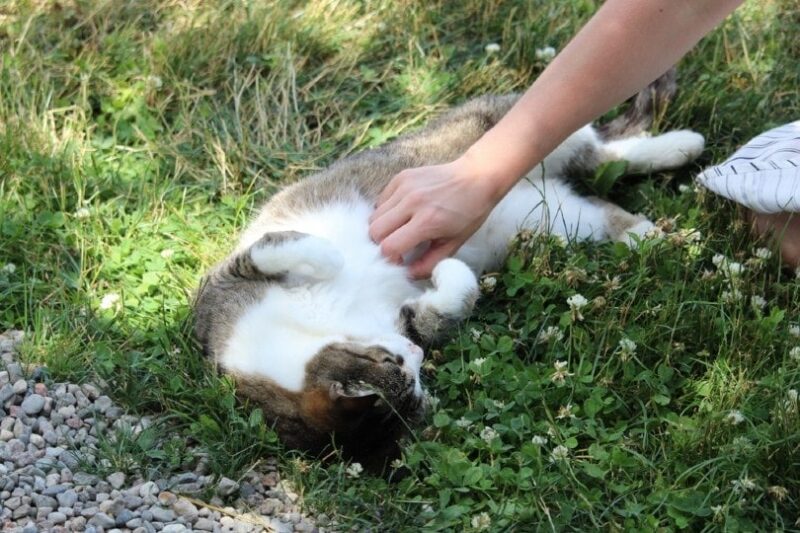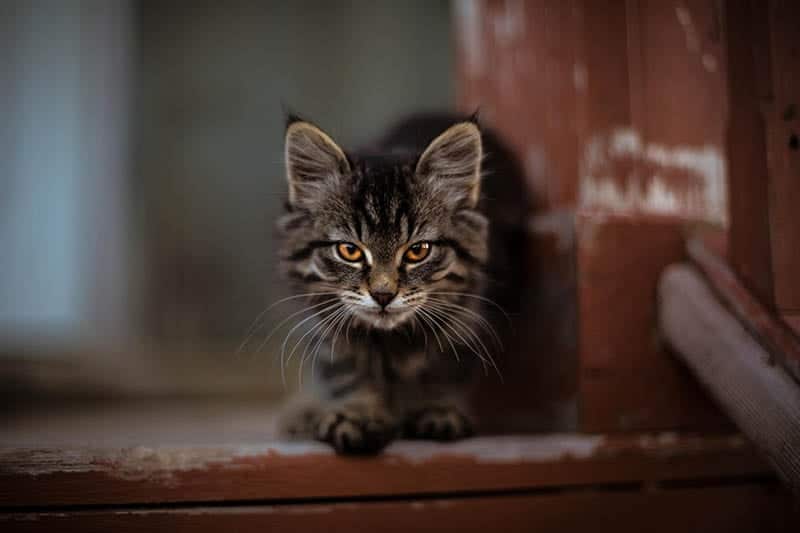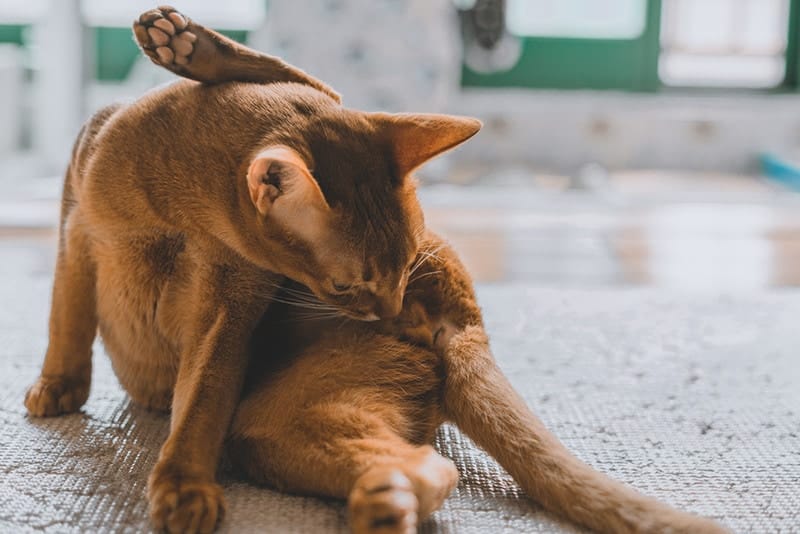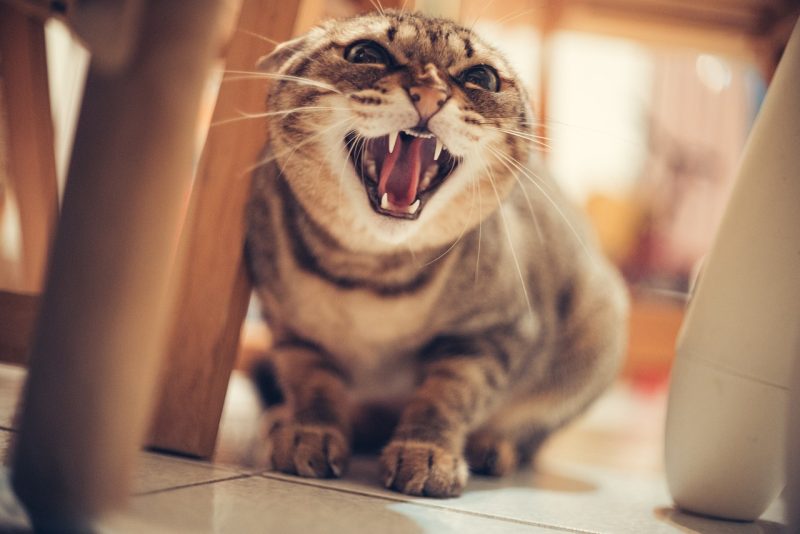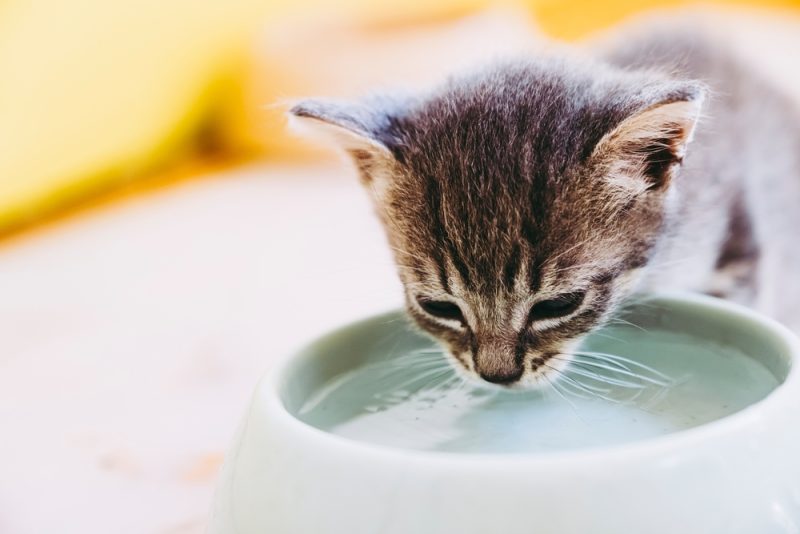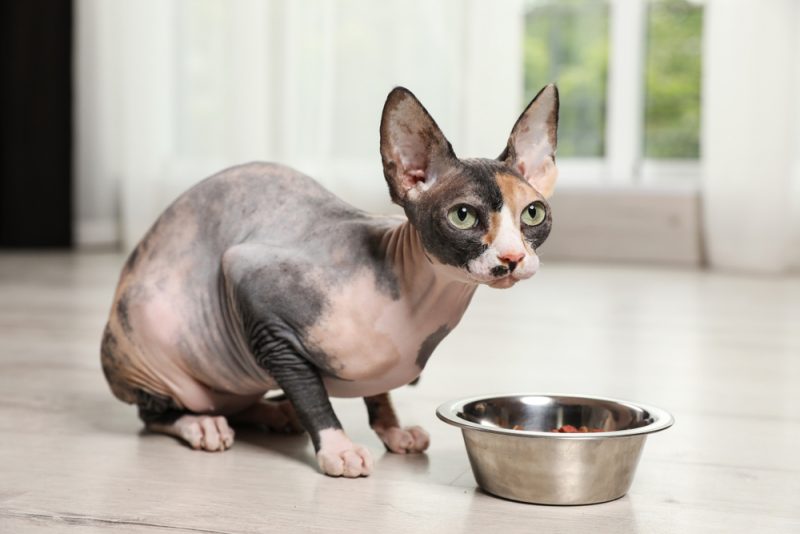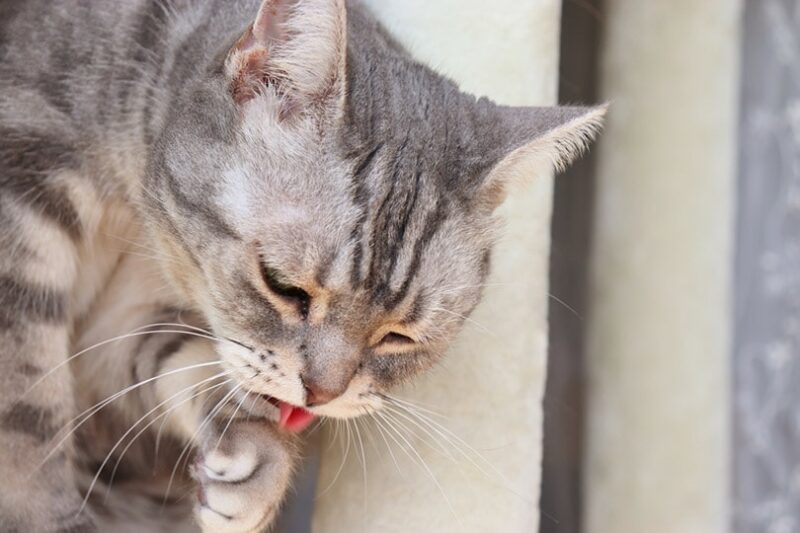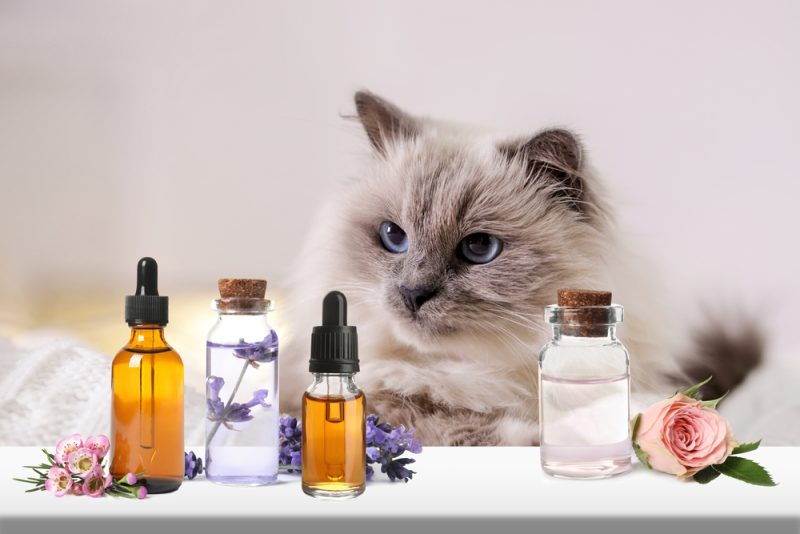Welcome to our “Ask Dr. Paola” series, where every Monday we bring expert advice straight from Dr. Paola Cuevas (MVZ) to help our readers better understand their cat’s health and well-being.
Whether you’re a new pet parent or a seasoned cat lover, Dr. Paola is here to provide answers to your most pressing questions. From nutrition tips and preventive care to troubleshooting common behavioral issues, Dr. Paola is ready to offer insights that will keep your kitty happy, healthy, and feline fine. Stay tuned for expert guidance on a range of topics that matter most to you and your cat, so you can make informed decisions and provide the best possible care for your furry companion.
Have a question? Send it in here!

Help! My Cat Has Crazy Energy at Night!
“Dear Dr. Paola,
Libby seems to get a sudden burst of energy late at night and sprints around the house like crazy. What causes that?”– Kim
Hi Kim,
That late-night burst of energy you’re seeing in Libby is actually very common in cats, especially younger ones. What you’re describing is often called the “zoomies” or, more technically, frenetic random activity periods (FRAPs). While it may seem sudden and wild, it’s actually a normal feline behavior rooted in their natural instincts.
Cats are crepuscular animals, which means they’re biologically wired to be most active at dawn and dusk. In the wild, this is when they would be hunting. Indoor cats like Libby don’t need to hunt for their meals, but that instinctive energy still builds up and needs an outlet. If she hasn’t had enough stimulation during the day, that pent-up energy often gets released all at once, usually at the most inconvenient time for humans.
You can help channel this behavior by providing interactive play sessions in the early evening, mimicking a hunt-chase-catch routine. Use a wand toy like a pretend bird or mouse, letting her stalk, chase, and eventually “catch” it. Then offer her a small meal right after, just as she would eat after a successful hunt in the wild. This “hunt, catch, eat, groom, sleep” rhythm is like a bedtime story for cats; it mirrors the natural pattern her body is designed for and often leads to a calmer, more restful night.
Best,
– Dr. Paola

If you'd like to talk with a vet, like Dr. Paola or one of our other expert veterinarians, you can head over to PangoVet. It's our online service where you can talk with a vet online and get the advice you need for your cat — all at an affordable price!
Catster reader exclusive deal: Save 65% on your first call, use code ASKDRPCATSTER65 at checkout.

Help! My Cat is Looking Thinner!
“I think that my cat Lilly looks thinner. She had full blood and urine tests 10 days ago. The vet said they didn’t find anything in her kidneys, and that her heart is okay for her age. I thought about getting cat meat specifically for older cats. Do you think that’s a good idea, or should I try something else? “ – Sandra
Hi Sandra,
Thank you for looking out for Lilly so attentively. Noticing that she looks thinner is important, especially in a senior cat, and I’m glad to hear that her recent veterinary check-up, including bloodwork and urine tests, didn’t reveal any serious concerns about her kidneys or heart. Sometimes, even when everything appears normal on paper, subtle changes in weight or body condition can still point to something brewing under the surface, like early changes in digestion, nutrient absorption, or dental comfort, all of which can affect appetite or how well she digests her food. Changes like weight loss, even when it’s subtle, can sometimes be the earliest clue that her body’s needs are shifting, which happens naturally with age. So your observation is valuable.
When it comes to food labeled for “senior cats,” it’s important to know that, unlike diets for kittens or pregnant cats, there are no official nutrient standards specifically set for senior cats by regulatory bodies like the AAFCO. That means that each brand defines “senior” differently and can formulate these diets in vastly different ways, sometimes focusing more on marketing than on the unique needs of aging cats. For example, some might reduce protein, which could actually be harmful in a healthy senior cat, since they need high-quality protein to maintain lean muscle mass. Others might change mineral content or calorie density without clear evidence that it matches a particular cat’s health status.
Because of this variability, the best approach is to choose a diet based on Lilly’s individual health profile, rather than just her age. Since her recent tests came back normal, but you’re still noticing weight loss, her veterinarian is in the best position to recommend a food that supports her current condition, possibly one designed for highly digestible nutrition, or even a veterinary therapeutic diet if needed. This ensures that you’re not just buying into a label, but actually giving her food that works like a custom-tailored outfit, fitting her exact metabolic and physical needs.
I hope this helps!
– Dr. Paola

Help! My Kitten is Breathing Heavy!
“Hi Dr. Paola,
I just got this kitten. She’s around 9 weeks old and her name is Blair. Recently, I’ve been noticing that she breathes quite quickly while sleeping. I’m extremely worried about her because I know the people who gave her to me didn’t handle the kittens very carefully. Her breaths are shallow and quick, and unfortunately, I’m unable to take her to the vet because of money issues.
I’d really appreciate your input on this issue because I’m so worried about her. I hope that it’s just stress due to a new environment, but I know it could be more serious. “ – Kimberly
Hi Kimberly,
Thank you for reaching out and for being such a thoughtful, attentive caregiver to Blair. It’s completely understandable to feel anxious when something doesn’t seem quite right, especially with a tiny kitten who’s just come into your life. You’ve already taken a loving and important step by watching her closely and seeking help.
Kittens do breathe more quickly than adult cats, especially while dreaming or in light sleep stages. However, it’s essential to know what’s within the normal range. A healthy, resting kitten should breathe about 20 to 30 breaths per minute. When they’re lightly sleeping or warm, this can go up a little, but it should not consistently exceed 40 breaths per minute when they’re relaxed and not playing. Breaths should be smooth, quiet, and closed-mouth, without flaring nostrils or exaggerated abdominal movement. If you’re seeing shallow, rapid breathing, especially if it’s over 50 breaths per minute while she’s asleep and calm, or if she seems lethargic, isn’t eating, or shows any nasal or eye discharge, these are important signs that she may be stressed or ill.
While I understand that a traditional vet visit may not be possible right now, I do want to mention that an online consultation with one of our vets at PangoVet may be a good option. On a video call, we can help guide you through correctly determining her respiratory rate and observing her breathing. This service is much more affordable than in-person visits and can help you determine if in-person care is needed and with what urgency.
Some veterinary schools or local shelters also offer low-cost veterinary assistance, and it may be worth checking if there are any programs like that in your area. In the meantime, make sure her environment is warm, quiet, and free of drafts. Try to check her breathing when she’s truly at rest, not right after play or excitement, and if possible, record a video of what you’re seeing in case you need to show it to a vet later.
You’re doing the right thing by seeking help early, and I hope little Blair starts breathing more comfortably soon.
Dr. Paola
- Read last weeks questions here – June 23, 2025
- Find the full list of past articles here
- Click here to submit a question
- Sign up for our weekly newsletter below to get Dr. Paola’s advice sent straight to your inbox


